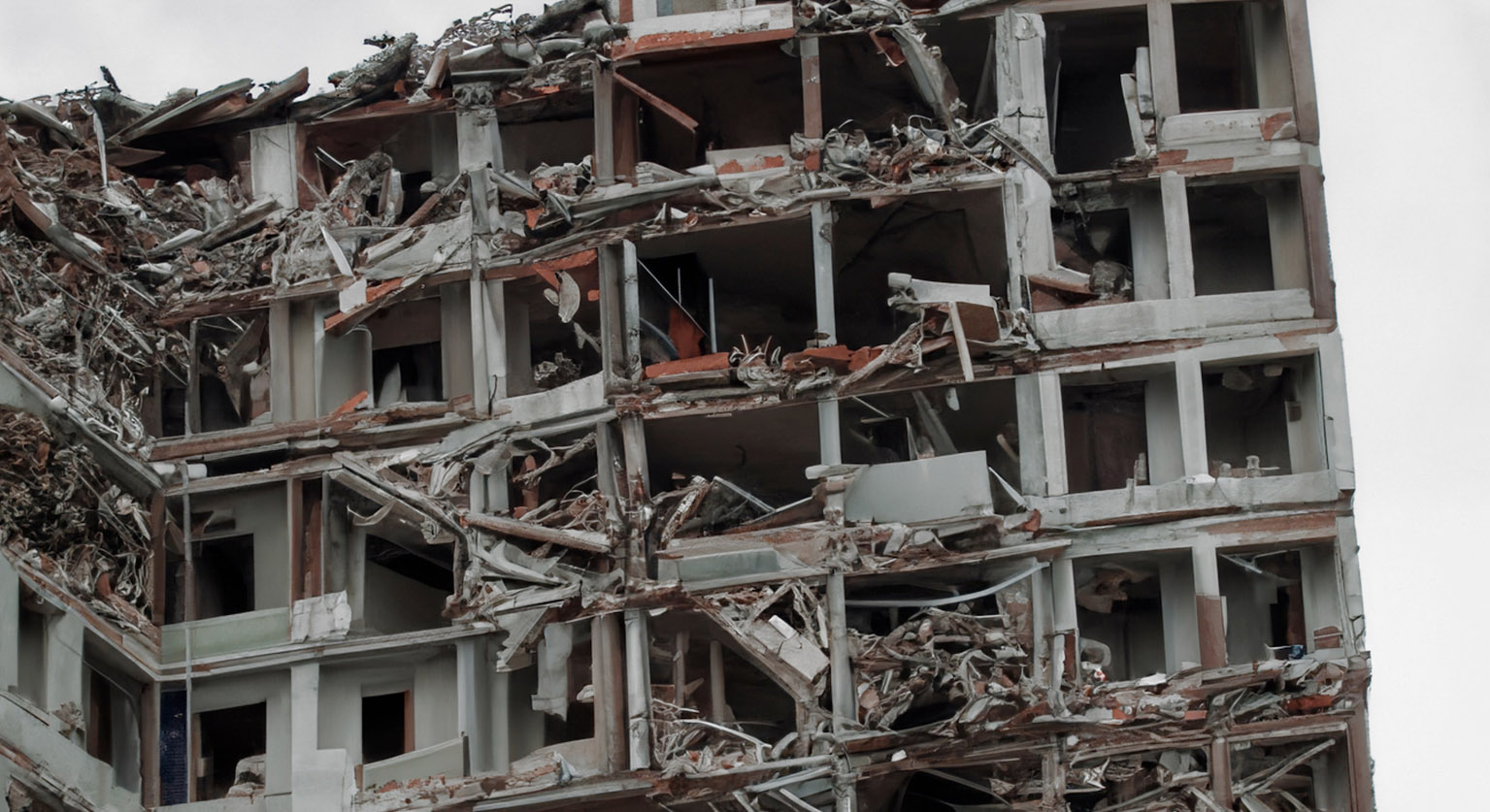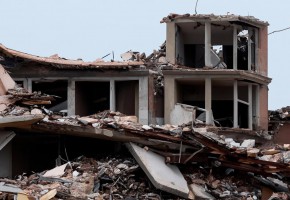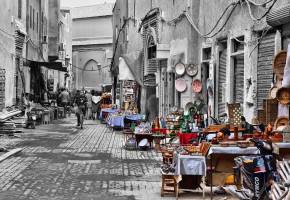
Al Haouz earthquake Morocco: What is the Moroccan government's role in managing the crisis? - Gita al-Barrad
Ghita El Berrad

Al Haouz earthquake Morocco: What is the Moroccan government's role in managing the crisis? - Gita al-Barrad
Natural disasters could be some of the biggest challenges faced by governments around the world. The earthquake in al-Haouz, Morocco, on September 8, 2023 is one such disaster, requiring effective and quick intervention. However, it poses urgent questions about the Moroccan government's ability to tackle the situation and rescue the victims.
The Magnitude 6.4 earthquake, which struck the Al-Haouz area in the Souss-Massa region of Morocco, caused significant losses in lives and enormous material damage in nearby villages and cities. It caused dozens of deaths and injuries and destroyed many homes and buildings, either partially or completely. As news spread about the destruction the earthquake caused, there were high hopes that the Moroccan government would live up to its responsibility to rescue the victims and provide the necessary assistance.
Nevertheless, the Moroccan government's measures were insufficient in effectively addressing the disaster. Consequently, trust in the government’s ability to deal with the crisis began to wane. The main issues impacting rescue and earthquake response efforts include
Late response: It took the government a long time after the earthquake to start acting in earnest. Thus, it lost valuable time that could have been used to save more lives.
Lack of preparation and training: Rescue teams and paramedics lacked preparation and training, leading to difficulties in providing rapid care and rescue to victims.
Insufficient resources and equipment: Resources and equipment were insufficient to address the disaster. Medical equipment and rescue tools necessary for operations were in short supply.
Weak crisis management and coordination: Crisis management and coordination among concerned parties faced challenges that led to dispersed efforts and delayed response.
The Al-Haouz earthquake in Morocco is a reminder that natural disasters are an integral part of the world's reality, and everyone must be prepared to deal with them with caution and readiness. We must learn from these incidents to enhance our future safety and that of our communities. Below are some proactive measures that can contribute to reducing the damage of natural disasters:
● Preparedness and prevention: The Al Haouz earthquake highlights the importance of advance preparation for disasters. Individuals, communities, governments, and institutions must plan and take appropriate preventive measures. Such measures include strengthening buildings and infrastructure to be more resistant to earthquakes and developing effective response and evacuation plans.
● Cooperation and coordination: Success in dealing with disasters depends on cooperation and coordination between concerned parties. Effective coordination mechanisms must be developed to achieve a rapid and coordinated response in emergency situations.
● Awareness and education: Governments and organizations should promote awareness of the importance of safety during earthquakes and provide training and educational materials to the public. Individuals must know how to react during natural disasters and be prepared for them.
● Interaction with victims: Communication with victims must be ongoing and direct. Authorities and helpers must respond to victims' needs and provide them with psychological and moral support.
● Effective crisis management: Crisis management plans must be developed and implemented effectively during disasters. There must be enough flexibility to handle a variety of scenarios.
● Transparency and accountability: There must be transparency in disaster management and investigations of any errors. Responsibility must be part of the process of responding to and dealing with disasters.
Gita al-Barrad
Recent publications

ANND Newsletter January 2026 - From Davos to the UPR: Between Promises, and Accountability
Related publications


